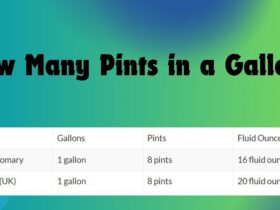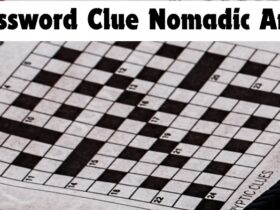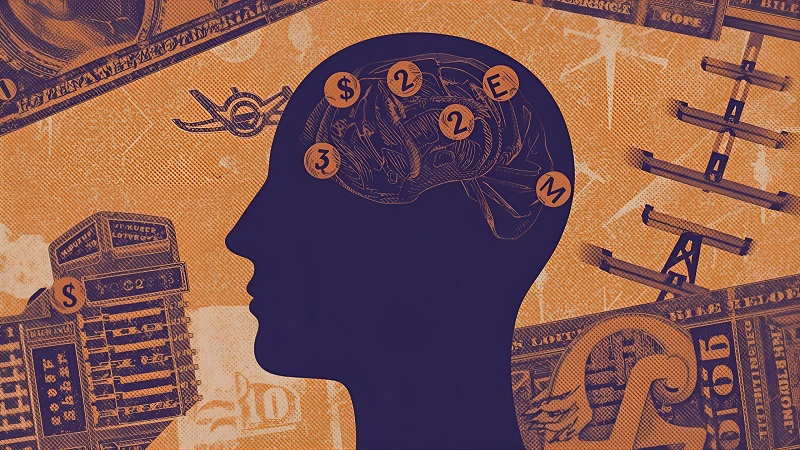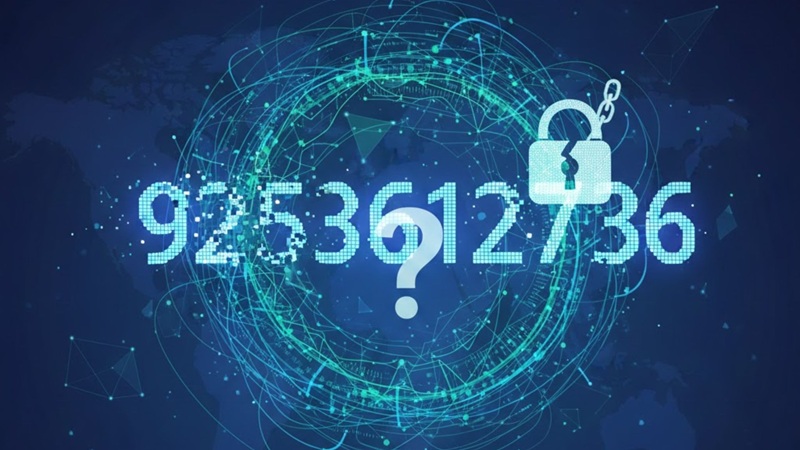Every week, millions of people around the world buy tickets for a chance at sudden wealth. People are interested, even though they know the chances are astronomically small, that an overnight transformation might occur. What explains this paradox? Why is it that we waste money and feelings on things that are statistically near impossible? This can be understood by examining how our brains calculate probability and risk. Cognitive psychology demonstrates that we overestimate rare occurrences, and our decisions are influenced by biases to a greater extent than logic ever does.
The Availability Heuristic: When Stories Trump Statistics
The availability heuristic is one of the greatest contributors to jackpot hype. This bias occurs when individuals make judgments about the likelihood of something, relying on the ease with which they can recall an example.
Consider the press attention of the winners. The news outlets are full of grinning faces clutching oversized checks, and the millions of losing stories are not reported. Consequently, the infrequent occasion of winning can become a lot more frequent than it is, in reality. When someone decides to play the lottery their memory brings up those vivid winning stories, not the countless quiet losses.
Prospect Theory of Overestimating Minor Probabilities
In their study of prospect theory, behavioral economists Daniel Kahneman and Amos Tversky demonstrated that individuals tend to overvalue low probabilities.
That is a one-in-a-million opportunity that, in our heads, seems much bigger than it is. An individual may rationally be aware that the probability of an event is very small, yet the emotional brain makes that minute chance greater. This effect is used to explain why jackpots attract millions of players during the week of a rollover.
Social Proof and Cultural Reinforcement
The social dynamics that participate in lotteries make them even more popular. When people see neighbors, coworkers, and communities forming queues to purchase tickets, they become targets of social proof, the notion that since everyone is doing it, it must be good.
Hype in the media exacerbates the issue. During record-breaking jackpots, TV crews film long lines at stores and interview hopeful buyers. This fosters a sense of collective involvement. Survey results indicating that a staggering 70% of adults buy tickets at least once a year can make non-buyers feel like strangers. Such fear of missing out is a strong driving factor.
Emotional Use
It is a common point among economists that lotteries offer emotional utility. People can hope for a brighter future, even when the chances seem bleak, because they have a ticket.
To many, particularly those who are financially challenged, a $2 ticket is not only a gamble but also a temporary escape from difficult circumstances. The daydream of financial independence, supporting one’s family, or working no more has psychological value in itself. In this regard, the money spent on playing the lottery is not about numbers but about purchasing hope.
The Risks of Overestimating Rare Events
Although taking a ticket now and then can be an entertaining and harmless pastime, playing the lottery on a regular basis can be quite damaging. Studies reveal that during attempts to escape the problem, low-income families tend to allocate a higher percentage of their income to buying tickets, devoting their hopes to a financial breakthrough that is unlikely to materialize.
More than just financial considerations, these cognitive biases can also influence other aspects of life. Poor financial judgment, caused by underestimating or overestimating rare events, can also result in overinsurance against unlikely risks or mistaken fears about risks that are statistically insignificant compared to daily hazards.
Outsmarting the Biases
Thus, is there a way to teach people not to overestimate the likelihood of rare events? Our brains are programmed to use shortcuts, but awareness assists. A few strategies include:
- Long-term thinking: Don’t think of a single draw, but of what would happen after decades of purchasing thousands of tickets. The anticipated payback becomes apparent.
- Comparison of risks: Co-locate odds in a put lottery with likely risks that are part of everyday life, such as car accidents or home fires, to emphasize the relative insignificance of odds.
- Reframing purchases: Use the tickets as an expense in the entertainment business, such as a movie, rather than as an investment.
It is through understanding how cognitive biases operate that players can interact without being deceived.
Conclusion
Why will people still purchase tickets when the mathematics does not make sense to do so? Since human beings are not purely rational calculators. We are storytellers who are motivated by availability heuristics, optimism bias, probability neglect, and prospect theory distortions. Include social reinforcement, media frenzy, and the emotional attraction of hope and the enigma of lotto fever is easy to understand.
Jackpots will remain popular as long as human beings are programmed to overvalue rare events. To many, the ticket is not only about winning – it is about dreaming, being involved, and just keeping the hope that life can be changed in an instant.



















Leave a Reply